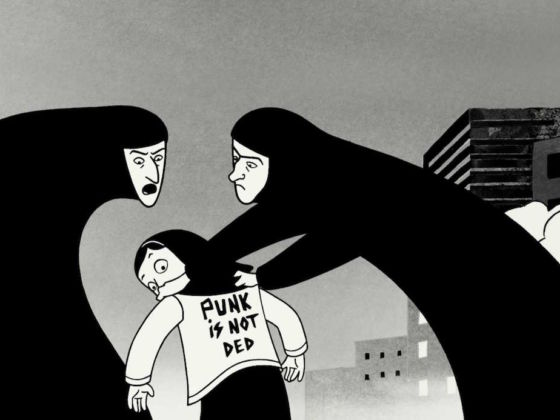Matador Network Editors Matt Hershberger, Ana Bulnes, and Morgane Croissant selected 5 books that we will help readers establish the truth about the values of Islam and the humanity of Muslim people.
Midaq Alley, Naguib Mahfouz
Take any street in any city where people still know their neighbors, where small businesses both thrive and struggle, where you can still fall for the girl or boy next door, and you have Mahfouz’s masterpiece, Midaq Alley. Sure, we’re in Cairo during World War II, but it’s easy to recognize the different characters and their feelings and motivations. Their daily life, as distant as it may seem from ours (I mean, Zaita’s profession is crippling people so that they can become beggars), is driven by the same universal forces — love, ambition, desire, trying to meet the society’s expectations (or escape from them), looking for happiness, or just longing to live a calm, normal life. A great book to remember we are, at heart, all just the same. —Ana Bulnes
